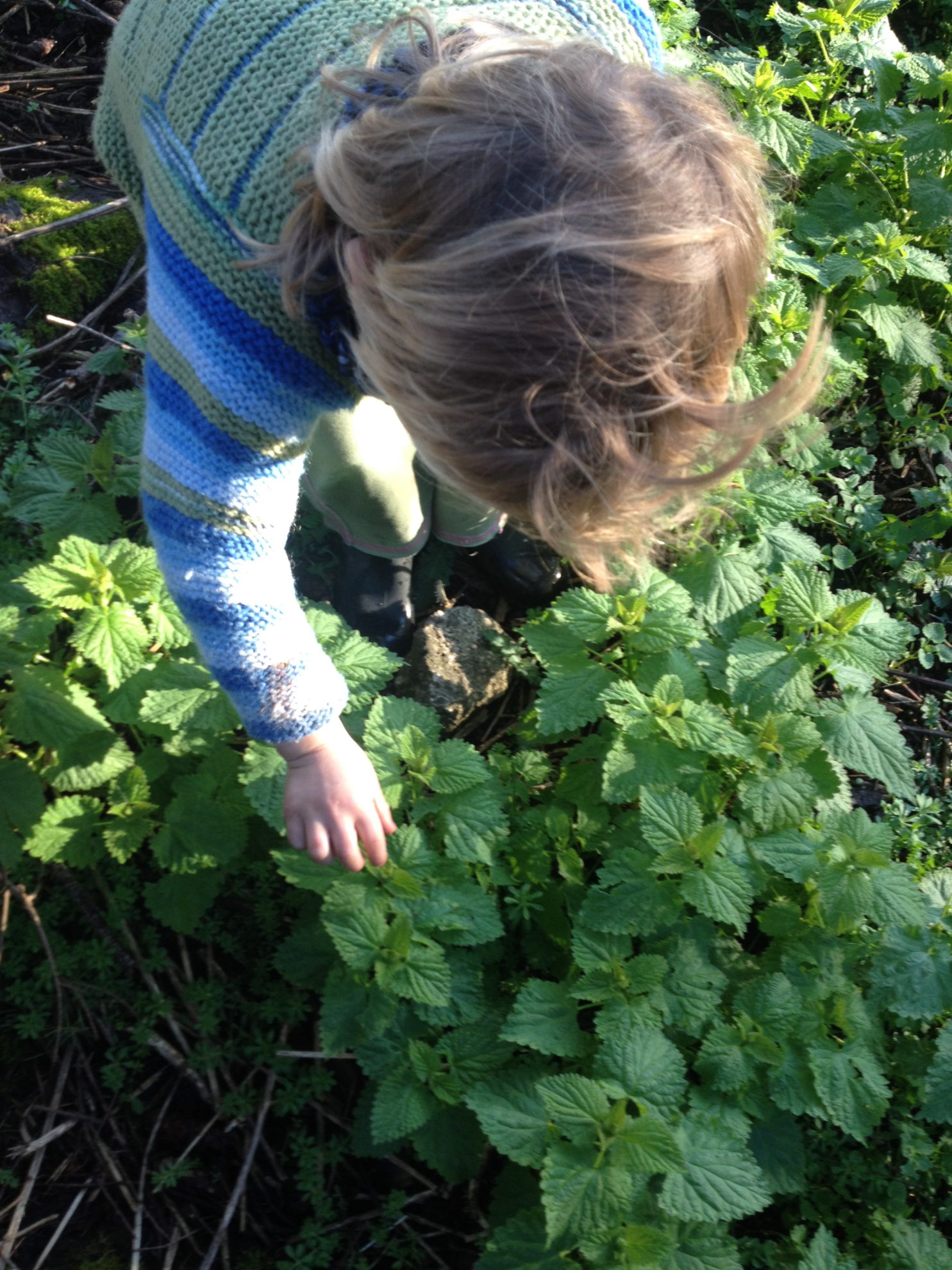Your Own Health Reset: an excerpt from the class
Clear out your cupboards of any foods that come in a bag or box. We are going to focus on eating plants, protein and fats. At the grocery store my son said, “We don’t get that because it’s in a box.” This is an oversimplified but helpful guide to decide what becomes part of your kitchen for the rest of your life.
Another tool from another teacher of mine is to stick to the edges of the grocery store and skip the middle isles. Produce, meat, dairy (for some) and the deli are where we get nearly all of what we need. Healthy oils are usually the only reason to wander into an isle but we’ll get to that soon.
Now back to your cupboards. You will need to be fierce. Remove everything that isn’t part of the reset diet. What’ll I’ll include below is a list of the carbs and fats you are allowed without restriction. What you are getting rid of is all refined carbs, all industrial seed oils and anything that our ancestors would not have recognized as edible.
The next 3 months & then 3 years from today
You also will want to start considering the quality of life you see yourself have in three months and then again in three years. Make a list of that includes any concerns or goals you have related with your health. Perhaps you want more energy to play with your kids or perhaps you’d like to do an extended hiking trip in August but are concerned about your joint pain. Maybe you aren’t sleeping well.
The next 3 weeks
Let’s start with the next three weeks. Focusing on plants, protein and fats is going to allow your life to get much more simple. This is not a cleanse but we are removing a few foods like gluten, dairy and soy as these are the most common allergens. Allergens created inflammation which create pain and ultimately disease.
All sugars including stevia, maple syrup and honey are also removed for a period of time. The reason we do this is to stabilize your metabolism. A welcome side benefit is that food begins tasting different and cravings dissipate. Your body knows exactly how much protein it needs for muscle growth and repair among other important actions but refined sugars interfere with this innate wisdom.
Begin moving more. Movement activates endorphins and helps the body rest more deeply. It is a great tool for stress management. With a stable metabolism and enough movement your body will begin functioning in an optimal way. The burden of extra carbs and allergens will no longer interfere with you feeling your best.
Social support, stress management and sleep
Social connection is an incredibly important factor in health. A study shows that smoking 15 cigarettes a day is less harmful than social isolation.
We have studied meditation more than nutrition and know this stress management tool lowers blood pressure, regulates insulin, manages cortisol and creates deeper sleep.
A few quick tips for getting better sleep include turn down lights and turn off screens 2 hours before going to bed. This a great time to meditate! Sleep in a cool, dark room where you don’t engage in any work related activities.
Here is your list of foods to focus on. Fill you kitchen with these foods. Spend time cooking.
Carbs from a variety veggies and fruits give you the phyto and micronutrients you need. Grains do not have these. Choose organic and local as much as possible.
Potato
Tapioca
Plantain
Taro
Yuca
Sweet potato
Yam
Breadfruit
Acorn squash
Butternut squash
Fruits can be combined with a fat or protein to extend the burn time and reduce the glucose spike.
Banana
Pear
Pomegranate
Mango
Apple
Pineapple
Orange
Grapes
Papaya
Peach
Cantaloupe
Strawberries
Watermelon
Blueberries
Raspberries
Plum
Eat wild and grass-fed whenever possible as this gives you the omega 3’s that your body needs. Higher quality in small amounts more frequently is key.
Duck
Sockeye salmon
Halibut
Rockfish
Tuna salad
Beef, bottom round
Chicken, light meat
Lamb loin
Beef sirloin
Ham
Swordfish
Yellowfin tuna
Pork spareribs
Chicken, dark meat
Turkey, light meat
Cottage cheese
Yogurt, whole milk
Milk, whole
Swiss cheese
Egg, whole
Fats accumulate toxins and hormones. This is an important place to source well. High quality, organic fats and oils are worth the investment. These are an excellent source of energy and optimize absorption of nutrients.
Coconut oil
Palm oil
Olive oil
Ghee
Lard
Tallow (beef and lamb)
Duck fat
Dairy fat
Chicken fat (schmaltz)*
Eggs, meat, and seafood
Macadamia Oil
In Moderation
Sesame oil
Walnut oil
Pecan oil
Almond oil
Flaxseed oil** as a food, not a supplement
Avocado oil
Nuts and seeds
Nut butters
Here’s my son in a patch of nettles. Nettles are a wild food that can be eaten in the spring and again in the fall where we live. This nutrient dense food remind us to strengthen our health at times of change. |

 The Microbiome and GLP-1 Agonists
The Microbiome and GLP-1 Agonists


 The Microbiome and GLP-1 Agonists
The Microbiome and GLP-1 Agonists

